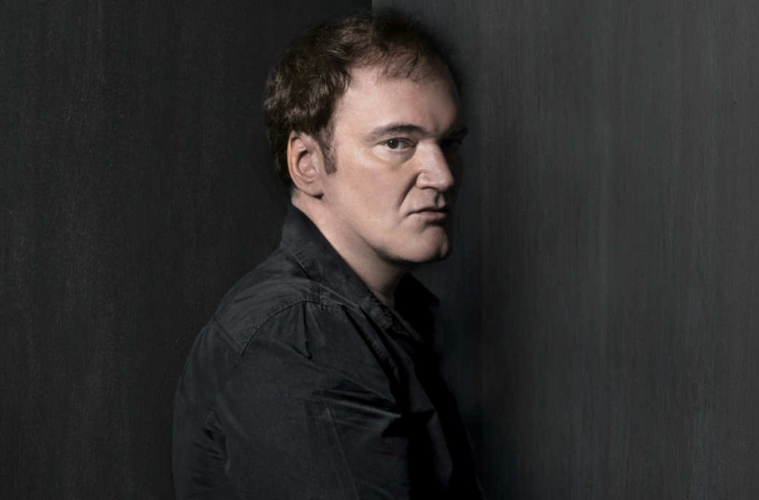
Dailies is a round-up of essential film writing, news bits, videos, and other highlights from across the Internet. If you’d like to submit a piece for consideration, get in touch with us in the comments below or on Twitter at @TheFilmStage.
Watch a clip from Quentin Tarantino‘s commencement speech at AFI this year:
Catherine Deneuve will receive the 2016 Lumière Award and Alejandro Jodorowsky will get the Locarno Film Festival’s Leopard of Honor.
At BFI, Pedro Almodóvar on 13 great Spanish films that inspired him, and watch a video on his use of circles:
Blancanieves is one of the peaks in recent Spanish cinema, but had the bad luck to be released a year after The Artist (2011), a silent film that triumphed the world over. Pablo Berger had in fact decided years earlier to film his personal take on the Brothers Grimm fairytale as a black-and-white silent; the result is heartrendingly beautiful. Blancanieves embraces Freaks (Tod Browning), German Expressionist cinema, Spanish folkloric clichés (including Merimée’s Carmen), even Sleeping Beauty. Berger’s experiment is, in my opinion, the best cinematographic version of the Brothers Grimm tale, risky and brilliant in every sense. And there’s a wonderful cast of Spanish actresses: Maribel Verdú, Ángela Molina, Inma Cuesta and the young Macarena García.
David Bordwell on the masterpiece that is Edward Yang‘s A Brighter Summer Day:
With this film Yang asserted himself as the equal to Hou Hsiao-hsien. Together, they lifted their nation’s filmmaking to world stature. You need only watch Criterion’s bonus documentary on Taiwanese New Cinema to see how, in about ten years, a sincere but somewhat patchwork local trend gained force, polish, and precision. In Hou’s films of the 1980s, from The Boys from Fengkuei (1983) and Summer at Grandfather’s (1984) to the masterpiece City of Sadness (1989), a modest regional realism grew into a monumental effort at historical understanding and cinematic innovation. Yang was doing the same in his own way, and A Brighter Summer Day became his response to Hou’s lyrical epic.
Watch a trailer for the New York Asian Film Festival, beginning this Wednesday:
At MUBI, Willy Kurant discusses shooting Godard’s Masculin Féminin:
Let me tell you how it worked on my first day. My first day of shooting. It is a very wide café. And I arrived there and Godard said, “What camera would you like to have, considering it has to be fast?” So I said, “Why not an Arriflex?” And he cut me immediately. He told me, “No, no, it’s going to be a Mitchell.” A Mitchell is very big American camera, very, very good, but which does not have an Arriflex viewfinder. It’s a very clear viewfinder which is on the side of the camera, and you have to almost get a stiff neck to be in the right position to see the frame.

